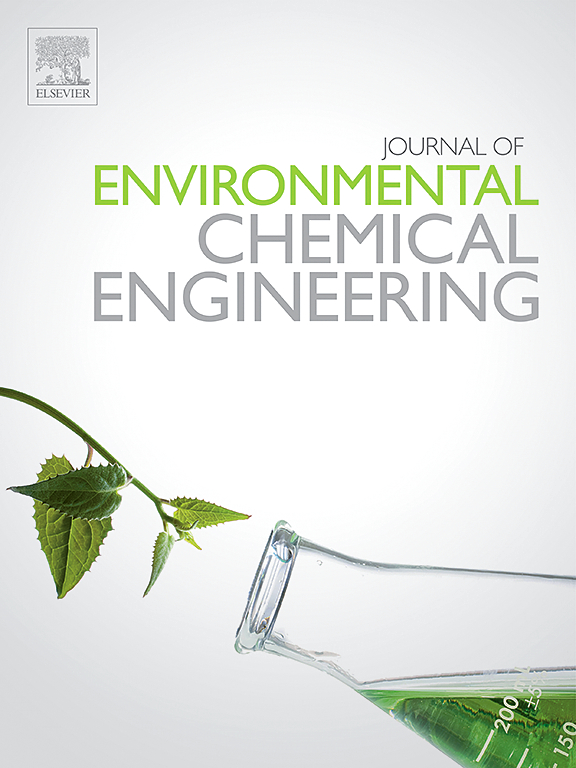Recycling of permanent magnets: A perspective for application of organic acids and ionic liquids towards eco-friendly process
IF 7.4
2区 工程技术
Q1 ENGINEERING, CHEMICAL
引用次数: 0
Abstract
Neodymium is a crucial element for low-carbon technologies with rising search for new sources due to short-term supply interruption risk. Electronic wastes as secondary sources represent a potential with less environmental impact. However, current technologies face challenges as the development of new gadgets released every year and complexity. Conventional hydrometallurgical routes use inorganic acids and organic extractants. Regardless of completely recovering metals, they are harmful reagents for the environment. Despite this, organic acids (OA) and ionic liquids (IL) are investigated as alternatives to these hydrometallurgical processes. OAs/ILs have the potential to reach eco-friendly routes due to their ability to reduce greenhouse gas emissions significantly. This perspective envisions the recycling of permanent magnets for neodymium recovery using OA and ILs. The current approaches and literature regarding OA/ILs, technical efficiencies in a lab, and pilot scale were analyzed. This approach addressed the technical, economic, and environmental analysis demonstrating OA and IL’s great potential to recover rare earth elements.
永磁体的回收利用:有机酸和离子液体应用于环保工艺的前景
钕是低碳技术的关键元素,由于短期供应中断的风险,对新资源的需求日益增加。作为二次资源的电子废料具有对环境影响较小的潜力。然而,当前的技术面临着挑战,因为每年都有新的小工具问世,而且十分复杂。传统的湿法冶金路线使用无机酸和有机萃取剂。无论能否完全回收金属,它们都是对环境有害的试剂。尽管如此,有机酸(OA)和离子液体(IL)仍被研究作为这些湿法冶金工艺的替代品。有机酸/离子液体具有显著减少温室气体排放的能力,因此有可能成为生态友好型路线。本研究设想利用 OA 和 IL 回收永磁体中的钕。我们分析了当前有关 OA/IL 的方法和文献、实验室技术效率以及中试规模。该方法涉及技术、经济和环境分析,展示了 OA 和 IL 回收稀土元素的巨大潜力。
本文章由计算机程序翻译,如有差异,请以英文原文为准。
求助全文
约1分钟内获得全文
求助全文
来源期刊

Journal of Environmental Chemical Engineering
Environmental Science-Pollution
CiteScore
11.40
自引率
6.50%
发文量
2017
审稿时长
27 days
期刊介绍:
The Journal of Environmental Chemical Engineering (JECE) serves as a platform for the dissemination of original and innovative research focusing on the advancement of environmentally-friendly, sustainable technologies. JECE emphasizes the transition towards a carbon-neutral circular economy and a self-sufficient bio-based economy. Topics covered include soil, water, wastewater, and air decontamination; pollution monitoring, prevention, and control; advanced analytics, sensors, impact and risk assessment methodologies in environmental chemical engineering; resource recovery (water, nutrients, materials, energy); industrial ecology; valorization of waste streams; waste management (including e-waste); climate-water-energy-food nexus; novel materials for environmental, chemical, and energy applications; sustainability and environmental safety; water digitalization, water data science, and machine learning; process integration and intensification; recent developments in green chemistry for synthesis, catalysis, and energy; and original research on contaminants of emerging concern, persistent chemicals, and priority substances, including microplastics, nanoplastics, nanomaterials, micropollutants, antimicrobial resistance genes, and emerging pathogens (viruses, bacteria, parasites) of environmental significance.
 求助内容:
求助内容: 应助结果提醒方式:
应助结果提醒方式:


